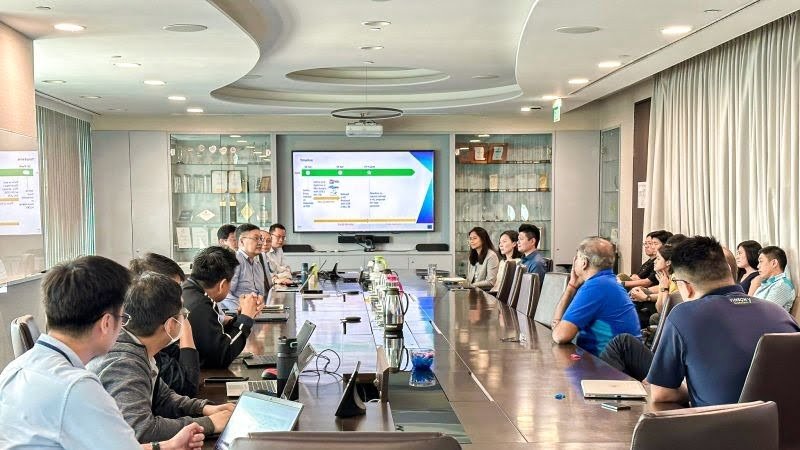The Maritime and Port Authority of Singapore (MPA Singapore) recently announced the selection of 11 proposals aimed at advancing the development of electric harbour craft (e-HC) in Singapore. This milestone follows the expression of interest (EOI) launched by the MPA on July 10, 2023, which garnered a significant response from both local and international companies and consortia.
A total of 55 proposals were received from 32 entities, showcasing a robust interest in promoting the adoption of full electric harbour craft in Singapore. The submissions demonstrated technical prowess, with innovative designs featuring optimized aluminium hull forms, high-energy-density batteries with active liquid cooling, and advanced battery thermal detection and protection systems.
While acknowledging the higher upfront capital costs associated with e-HC due to battery expenses, participants highlighted the long-term benefits, including energy cost savings, reduced maintenance expenses, and operational efficiency gains. Furthermore, several proposals outlined business models aimed at optimizing harbour craft resources at the sector level, thereby lowering the total cost of ownership for individual companies and facilitating a smoother transition to e-HC.
Following a comprehensive evaluation process, the MPA shortlisted 11 passenger launch and cargo lighter vessel designs submitted by seven companies and consortia. These selections will undergo further refinement through an enhancement program supported by various research institutes and institutes of higher learning (IHLs), including the Institute of High-Performance Computing and Nanyang Technological University, among others.
The enhancement program, focusing on vessel designs, safety, cybersecurity, and energy efficiency, aims to reduce overall costs and support continuous improvements. Once finalized, the enhanced e-HC designs will be marketed to interested parties, with production scaled up to realize cost savings for transitioning companies.
Six of the selected designs have already secured technical approvals from leading Classification Societies, including the American Bureau of Shipping and Bureau Veritas. These designs, representing a strong understanding of Singapore’s requirements, will work closely with the MPA and research partners to optimize and validate their e-HC designs.
The remaining five proposals will undergo further development, including hull and electrical systems optimization, fire-resilient battery room design, and cyber health monitoring system implementation, in collaboration with MPA, IHLs, and research institutes.
In addition to design advancements, the MPA is actively pursuing initiatives to support the harbour craft sector’s transition to electric propulsion. This includes piloting vessel charging concepts, developing national standards for e-HC charging infrastructure, and evaluating financing and insurance solutions to address upfront costs.
Looking ahead, Singapore aims to lead the way in sustainable maritime transportation, with plans to introduce biofuel blends and facilitate the transition to net-zero fuels like hydrogen by 2030, ensuring a greener and more resilient maritime industry for the future.
Consortia and scholars hailing from the Institute of High Performance Computing (IHPC), the Solar Energy Research Institute of Singapore, TCOMS – Technology Centre for Offshore and Marine, the NUS Tropical Marine Science Institute, Nanyang Technological University Singapore, the National University of Singapore, Singapore Institute of Technology, and the Singapore University of Technology and Design (SUTD) have collaborated.
They are joined by proposals from the Coastal Sustainability Alliance, marinEV, Pyxis Maritime Pte Ltd, the CAEV+ Consortium, China Everbright Environment Group Limited, the Cyan Renewables Consortium, and Gennal Engineering Pte Ltd.
Source MPA Singapore

